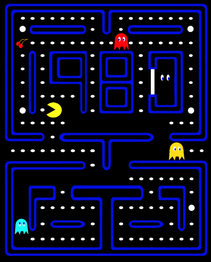
Sometimes you feel like everything that you are working for, is not working. You finally see yourself moving ahead, getting a break, and boom, the door slams in your face again. That is when you stop being definitive and ask yourself: “am I going to be able to beat this maze game?”
Our trail in life often looks more like a jumble than a straight line. We think that we are going one way, and head another; we take wrong turns, hit dead ends, wander off target and turn up at unexpected places. There is where we find ourselves in a dark corner, feeling beaten with our guard down. Yet, if we only could keep our sight upwards instead of looking down, we could see the light and realize that the sky is on top. We would understand that yes, we could not find an egress the first time but if we go back and try again we would be able to find our way out. When we doubt ourselves, there are only two ways to move forward: advance when you are not blocked, or back up and try a different route; the fault is not in putting reverse but in screeching to a halt. Remember: We fail only when we stop looking for an exit sign; when we lose hope and give up! “Just as treasures are uncovered from the earth, so virtue appears from good deeds, and wisdom appears from a pure and peaceful mind. To walk safely through the maze of human life, one needs the light of wisdom and the guidance of virtue.” Buddha
0 Comments
 The word “remember” in Spanish is “recordar” which comes from the Latin word “recordari” and derives from two words: RE (again) and CORDIS (heart). So, when you are remembering a person, when you are thinking of someone, means more than just to have somebody in your mind; it means that this person is again passing through your heart. This week, I am on a business trip and really missing my family; I am thinking of them, and yes, they are passing through my heart! We are responsible for what happens in our life.
We are responsible for our accomplishments and for our defeats, for our happiness and our despair. Simple; we all must accept the fact, that everything that is around us right now is a direct effect of our decisions! 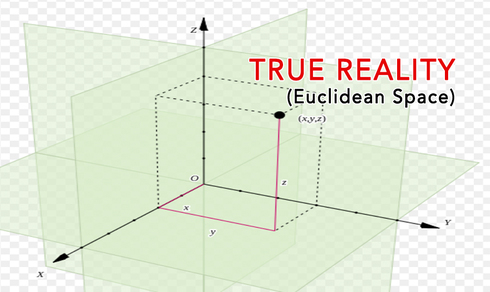
Reality is like a 3 dimensional space; it has width, height and depth.
Each person lives in a unique world, a private world different from all others. Everybody has a different evaluation about reality, a different assessment about life. Every point in a three-dimensional space is determined by three coordinates; X, Y, Z. In geometry, this space is named the “Euclidean space;” every space has 3 coordinates and is unique. Like in geometry, the true reality is the “Euclidean space;” it is the point of intersection of all realities. After taking in this concept, here is my thought: Before making a conclusion, always listen to everybody’s perspective, then, find a point of intersection and that would be the closest to understanding the true reality. 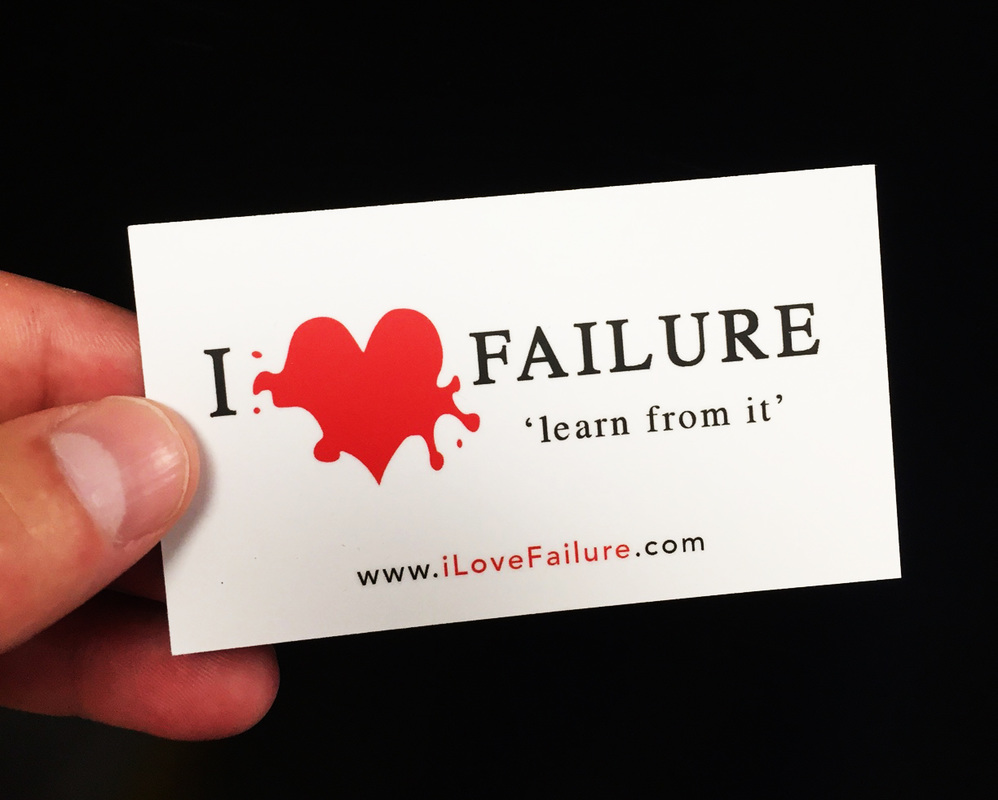
This week I took my daughter to a cardiologist for a heart stress test.
Before leaving I handed the doctor an I Love Failure card. “I write a blog, please check it out…” I said. She looked at the card and out of her subconscious the word “heart-failure” came out immediately. The doctor related to the logo with what she is used to; her profession is to take care of hearts and she saw a failing heart. Her perception was of a heart attack. I corrected her and said; “I Love Failure, I write about failure, success, attitude, resilience and so on.” “I get it!” she replied. Everyday I hand out about 50 cards. Anyone I interact with gets a card from me. Nobody is safe from my cards. I passed out so many cards, that plenty of times I heard: “do not worry, I have one already.” Through my travels, I have been able to see how people from different cultures, races, or social economic background react to the card. Here in the United States, the majority of people understand the logo and the concept immediately; some react positive while others disregard it or make a smart comment about it, but almost all understand the concept of failure. This country is built by immigrants who are used to taking risks; they might not love failure, but it has been a part of their culture. People from areas like India and Southeast Asia, where the middle class is expanding and economies have an accelerated economic growth, have a supportive and encouraging reaction to the “I Love Failure” concept; there everyone has an entrepreneurial spirit and are willing to take risks and fail on their way to success. In areas where the socialism political and economic model perseveres like in Europe and some parts of South America, the reaction has been completely opposite to the one on Southeast Asia. This system advocates welfare; people are used to collect benefits without putting too much effort, they expect everything handed to them. They are at easy in their comfort zone and do not have the drive to leave it. There, the concept of failure doesn’t do anything for them; there the entrepreneurial spirit has disappeared. In some parts of the Middle East and Africa, they do not have a system where they collect benefits, neither they have a place where they find opportunities to flourish; in this region they have lost hope and are living in a failed system without any expectations for success. For them “I Love Failure” is an oxymoron So, here is my thought: Perception is the ability to see, hear, or become aware of something through the senses. Everyone’s perception is influenced by the cultural, social, or emotional environment; it’s influenced by what you see, smell, hear or touch. Our perception of the world is influenced by our past experiences, our beliefs and our expectations. Our perception is our reality, which is different from everyone else’s and it is an altered truth; our mind can only contemplate that to what it has been exposed to. How can we change our reality? People’s perception of reality is different, yet, by expanding our core beliefs, we can expand the way we perceive the world around; to widen our beliefs we need to step outside our comfort zone. Our comfort zone is any type of behavior that keeps us at a steadily low anxiety level. Everyday activities that we are used and won’t make us feel anxious or uneasy, are part of our comfort zone. At the beginning, leaving our comfort zone would bring anxiety due to the uncomfortable levels of uncertainty we will need to cope with, but when completed, we will feel accomplished and will increase our levels of confidence. By getting out of our comfort zone more regularly, we will increase the number of things we are comfortable with; and by expanding our comfort zone, it will widen our perception about life. The cardiologist has been studying the heart for years; she fully understands the organ and its function. So, when she got my card, she only saw an exploding heart, a heart attack! Her perception, her reality is completely different than anyone else. 'There are things known and there are things unknown, and in between are the doors of perception' - Aldous Huxley 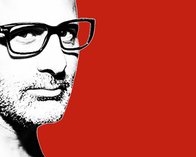
The past 2 weeks, I gave myself permission to slack off on my writings and posts.
Today, I am ready to begin again, so, to get back on track I have decided to commit myself to write and post a blog everyday for the next seven days! Here is the question: How am I going to accomplish this task? First, I need to start fresh; I have procrastinated for over 2 weeks, but that is over. Now, I have an objective, 1 blog per day. Then, I need to create a schedule, and prioritize my tasks. Third, I need to focus in completing my daily tasks. Lastly, every day I need to begin strong. I need to get out of bed with the right mind set, motivated and pumped up. To accomplish this task, I need to understand that without effort, nothing can be achieved. We have to identify the necessary steps we need to take in order to achieve our goal. “Strategy + effort = success!” Mauricio Fraga-Rosenfeld 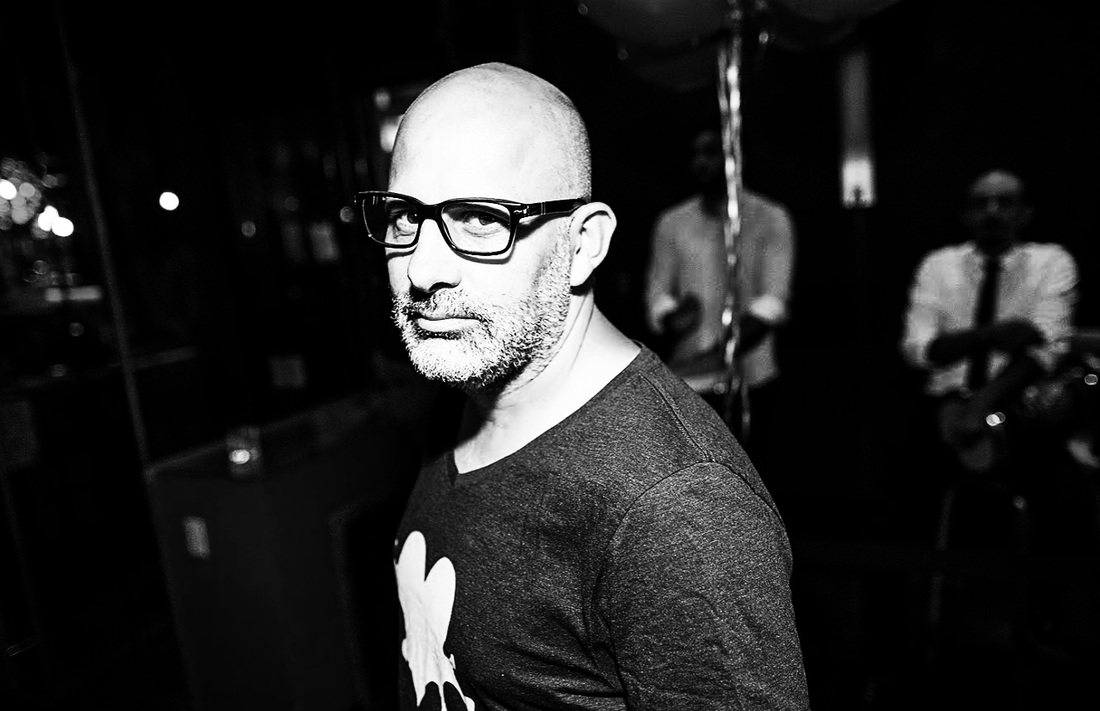
We all have stories, we all have reasons why something is not working; we all have excuses…
Think about the script you are living right now. Who wrote it? Did you consciously design the reality you are living now? If you don’t like the story you are living, then change it! Every one of us has gone through tough times; broken families, losing loved ones, being abused, going bankrupt, dealing with addictions and so on… We all have a story to live by, but a few of us have decided to not use them as an excuse. Learn from you story, find the lesson and then get rid of it. Your reality is set in your mind, a mind that belongs only to you, and you are the only one in charge of it; you are the only one that can alter your mindset. Decide now to be in charge of your own reality. Because if you don’t, you will have a very disappointing life! 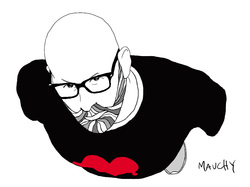
This morning I took a “Grit Survey” on the Authentic Happiness site, at the University of Pennsylvania website. After getting the results, I was surprised and disappointed with the results. I always saw myself as a very gritty person. But the results show that I am not as gritty as I thought I was. My score was 3.25 out of 5. Just above average; Ouch!
First, what is the meaning of Grit? Grit is an optimistic and confident attitude; it is the firmness of character and an unbeatable spirit. Grit is a resilient mindset that is ready to persist for long periods of time to accomplish a goal despite numerous setbacks and failures. According to Margaret M. Perlis there are 5 main characteristics that define the level of Grittiness that an individual has. Sometimes these attributes are marked, other times there are almost invisible; yet, a person's tenacity is based on the degree to which he/she can access, ignite, and control these attributes. 1.Courage Courage means to never give up, to never surrender, to have the strength to rise against all odds; it means to be able to stand up to injustice. Gritty people are courageous who understand that risking and failing are lessons that are required to succeed. 2. Achievement Oriented vs. Dependable Achievement-oriented people often want to do things better or more efficiently than the way they have been done in the past, whereas dependable people are more notably self-controlled and conformist. Gritty people are risk takers and are predicted to have far better success than a self-controlled person, who may never take chances, who is afraid to fail. 3. Long-Term Goals and Endurance Long-term goals are the key for a successful Life. Gritty people are long-term oriented, but most importantly, they have drive, sustainability, passion, and stamina to follow through. 4. Resilience Resilience is the ability to confront stressful, difficult and sometimes devastating situations by attacking the adversity head on. A gritty person has the strength to pull oneself together to overcome the unimaginable! 5. Excellence vs. Perfection Gritty people seek excellence but not perfection: Perfection is unforgiving and inflexible. Excellence is an attitude; it is forgiving, it allows you to fail and improve. - After understanding the real meaning of grit, I realized that I have almost all the qualities to be gritty. Yet, there is one important quality that I am missing. I never abandon a task in the face of obstacles; I have the perseverance, willpower, tenacity, and resilience to move forward. But I have one weakness; I do abandon projects; I put ventures on the side because of the excitement of doing something new; the excitement of a new challenge, and that is wrong! My priority always, should be to finish and to accomplish the venture that I am working on, that I am aiming for, before moving to the next project; before getting excited about a new idea. My priority always will be to follow through! "Grit is passion and perseverance for very long-term goals. Grit is having stamina. Grit is sticking with your future, day-in, day-out. Not just for the week, not just for the month, but for years. And working really hard to make that future a reality. Grit is living life like it’s a marathon, not a sprint!" - Angela Lee Duckworth  Identifying and understanding your strengths, you will be able to focus clearly on what you are good at and being more productive. However, identifying and understanding your weaknesses is far more important. Why? Recognizing your limitations, is not about showing a weakness or about admitting defeat; it is about empowering yourself to accomplish. By understanding your limitations, you will be able to focus on the resources available to you in order to be more effective. By understanding your limitations you will be able to improve them and more importantly, no one will be able to use them against you! Always keep in mind: “The human body has limitations but the human spirit is boundless.” Dean Karnazes 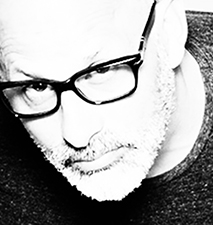
A few years ago, my wife and I attended a condo board meeting; we had come to the event because we were in disagreement with some of the leadership’s decisions. We felt that they were taking advantage of the residents but no one was willing to oppose them. The president of the board, an ex US Congressman, believed that he could pass any resolution with out any opposition.
When we challenged the board president in public, he arrogantly replied to us: “the decision has been made and there is nothing that you can do about it!” "There is nothing you can do about it.” Ouch! Every time I hear this phrase: “there is nothing you can do about it,” it is like getting punched in the face. I get mad, my blood boils, and I get ready for war. When my kids see me putting my armor on, they tease me and say: “Mauchy (my nickname) take a chill pill and relax; have some patience and let it go.” “Let it go…” Yes, I should listen to them and take a bottle of chill pills and become more patient, yet, my response to them always is the same: “You can not allow anyone to take advantage of you. Yes, you should be understanding, but know that to be patient is completely different than to be submissive.” Tolerance is the level of endurance; it is patience, a character trait of being committed. Submissive is to be passive is to accept what happens without an active response or any resistance. Passiveness is what I am entirely against. Submissiveness is taught at home, school or is a cultural phenomenon. People accept events that unfold in their lives due to how they were raised. As a society we are taught not to react. We are taught to become imperceptive out of fear of retaliation, not wanting to be mocked, or presuming that no one will listen to us. Often I listen to parents talking about their child’s situation at school; how they get pushed around or are made fun of, and how they simply dismiss it as something that will pass. The truth is that it never just goes away. With this approach, kids tend to believe that it’s normal to be bullied and that it's something you have to go through as part of being a child. They learn to be submissive and/or they stay scared forever; their self-esteem gets bruised because they did not confront their abuser or did not stand up for the challenge. At home, we persistently preach to our kids not to be passive about a situation. If they do not agree with something, they should speak out and stand up for themselves. “At your age the worst thing that can happen is to have a bruised eye, ” we explain. This is the period in their lives where they should be willing to risk it all, to take chances; to understand that uncertainty is good and that it will have a positive impact on their personality. This is the time to mold their strength, to learn that they are the only one that can guard their self worth, and to not allow to anyone minimize them! - After the Condo board president’s dare: “there is nothing that you can do about it” we did something about it. We got together, collected signatures for days and managed to get rid of the ruler and all of his collaborators. They were used to doing whatever they wanted without any challenge. The board and the residents thought that they were untouchable; they all were wrong! ‘Nothing you can do about it ’ is the wrong mindset. Stand up for what you believe because there is always ‘something that you can do!’ - Mauricio Fraga-Rosenfeld |
Who I am today as a person is largely due to my failures! Archives
January 2024
|
